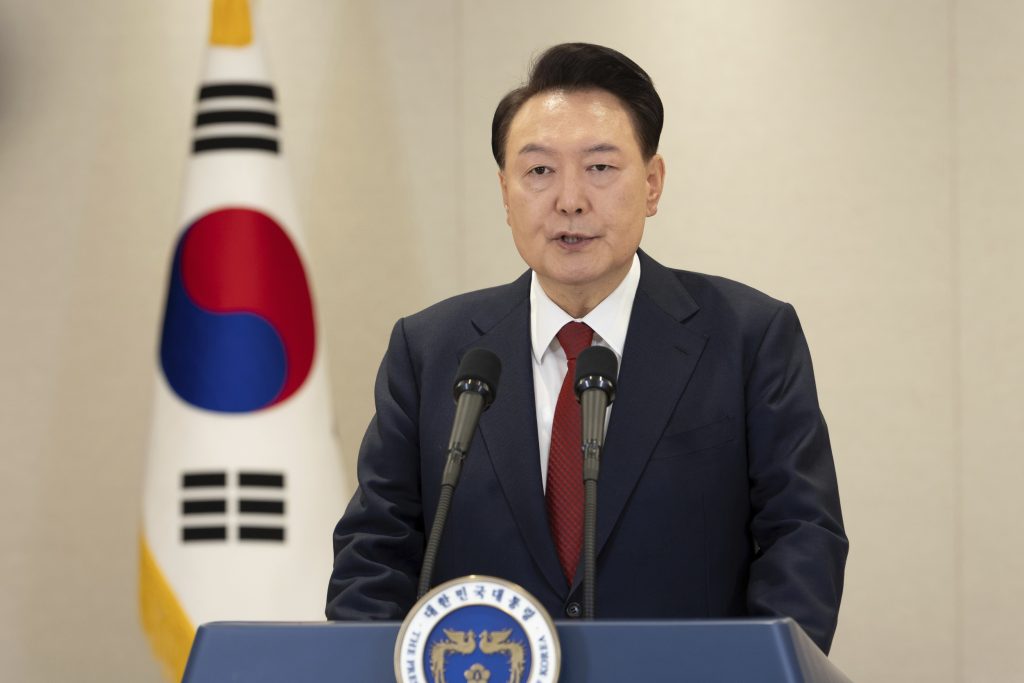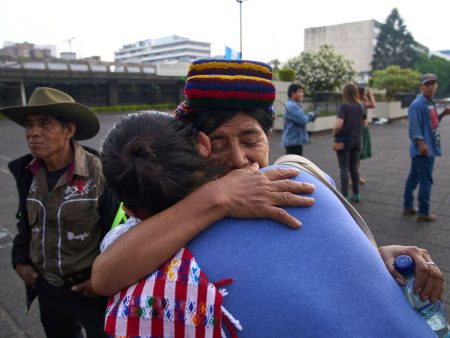The political landscape of South Korea has been dramatically reshaped by the recent impeachment of President Yoon Suk Yeol, a move stemming from his controversial attempt to impose martial law earlier this month. The impeachment, approved by the National Assembly with a decisive two-thirds majority, marks a significant turning point in Yoon’s presidency and introduces a period of uncertainty for the nation. This unprecedented action underscores the deep political divisions within South Korea and raises critical questions about the future direction of the country.
The impeachment proceedings were initiated in response to Yoon’s short-lived declaration of martial law on December 3rd. This decree, which lasted a mere six hours before being overturned by the parliament, sparked immediate political turmoil and widespread public concern. While the exact motivations behind Yoon’s decision remain a subject of debate, the move was widely interpreted as an overreach of executive power and a threat to democratic principles. Critics argued that the declaration was disproportionate to the circumstances and lacked sufficient justification, further exacerbating existing tensions between the ruling and opposition parties.
The impeachment vote itself reflected the deep polarization within South Korea’s political system. While Yoon survived an initial impeachment attempt due to a boycott by his own People Power Party (PPP), the second vote saw a significant shift in support, indicating a growing unease even within his own party ranks. The final tally of 204 votes in favor of impeachment to 85 against demonstrated a clear consensus across party lines that Yoon’s actions warranted serious consequences. This cross-party agreement suggests a shared concern for the stability of democratic institutions in the country and a rejection of the president’s controversial decision.
The impeachment of President Yoon now enters a new phase, with the Constitutional Court holding the ultimate authority to determine his fate. The court has a 180-day window to review the impeachment and decide whether to uphold the decision, thereby removing Yoon from office, or to reinstate him to his presidential duties. This period of deliberation will likely be marked by intense legal and political maneuvering as both sides present their arguments and attempt to influence the court’s decision. The outcome of this process will have profound implications for South Korea’s political future.
Should the Constitutional Court uphold the impeachment, a snap presidential election will be required within 60 days. This election would undoubtedly become a focal point for national debate, with candidates vying to address the underlying issues that led to the political crisis. The campaign would likely revolve around questions of executive power, democratic principles, and the appropriate response to national security concerns. The outcome of this election would not only determine the next leader of South Korea but also shape the country’s trajectory in the years to come.
The impeachment of President Yoon Suk Yeol represents a pivotal moment in South Korean politics. It highlights the fragility of democratic institutions and the potential consequences of executive overreach. The upcoming deliberations of the Constitutional Court and the potential for a snap presidential election will undoubtedly shape the country’s future. The unfolding events will be closely watched both domestically and internationally as South Korea grapples with this period of political uncertainty and strives to uphold its democratic principles. The resolution of this crisis will be crucial in determining the strength and resilience of South Korea’s democratic system.










